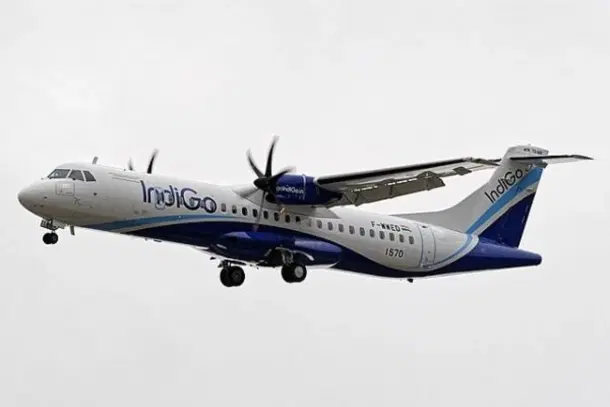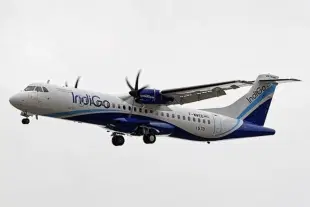News Brief
From Kitchen Oil To Jet Fuel: Indian Oil's Panipat Refinery Leads India’s Push For Greener Skies
Arun Dhital
Aug 08, 2025, 04:32 PM | Updated 04:32 PM IST
Save & read from anywhere!
Bookmark stories for easy access on any device or the Swarajya app.


Indian Oil’s Panipat refinery has become the country's first to be certified for producing sustainable aviation fuel (SAF) from used cooking oil, Times of India reported.
The certification, issued by Swiss-based Cotecna Inspection Group through its Indian arm, follows coordinated efforts between the petroleum and aviation ministries and the Directorate General of Civil Aviation (DGCA).
“This is the first Indian refinery certified as a co-processing plant for SAF,” an official familiar with the development was quoted as saying by the Times of India.
“The focus now shifts to ramping up production to ensure a meaningful SAF presence in coming years and meet emissions targets,” He added.
The refinery’s SAF process complies with CORSIA, the Carbon Offsetting and Reduction Scheme for International Aviation, under the UN’s International Civil Aviation Organisation, aimed at curbing aviation-related emissions.
India is considering a SAF blending mandate, beginning with 1 per cent for all international flights by 2027 and increasing to 2 per cent thereafter.
Blending for domestic flights may follow, though SAF is not yet cleared for regular commercial operations within the country.
Test flights have already demonstrated feasibility.
In August 2018, SpiceJet conducted India’s first biojet-fuelled test flight, a Bombardier Q400 from Dehradun to Delhi, using a 75:25 blend of aviation turbine fuel (ATF) and biofuel made from jatropha by the Indian Institute of Petroleum.
IndiGo followed in February 2022 with a 10 per cent SAF blend on a ferry flight from Toulouse to Delhi.
While global and domestic airlines have shown interest, supply constraints remain a challenge.
With the Panipat breakthrough, India moves closer to reducing aviation’s carbon footprint, turning leftover edible oil from kitchens into fuel for the skies.
Also Read: India Working On Launch And Orbital Systems For 2040 Astronaut Moon Landing





